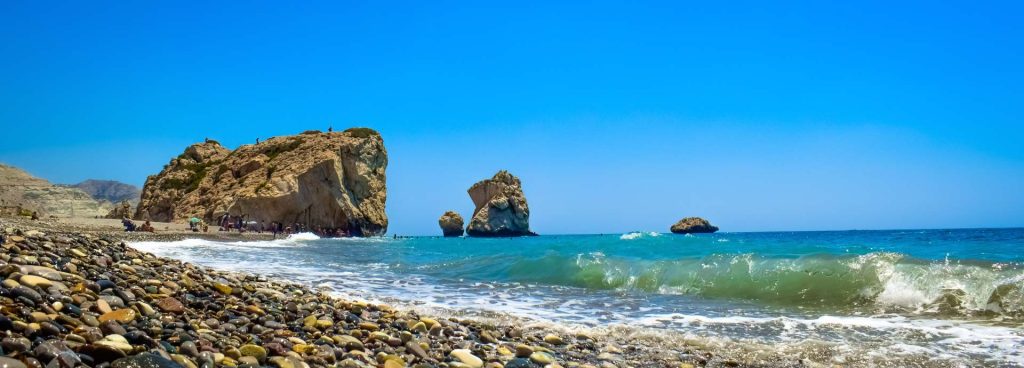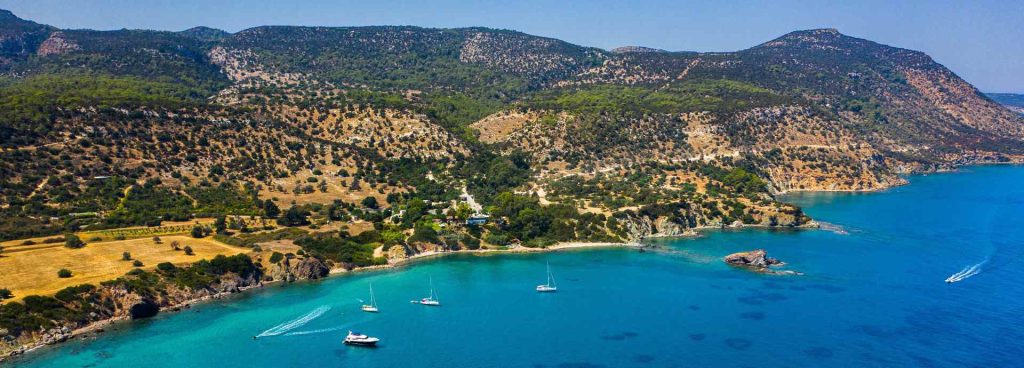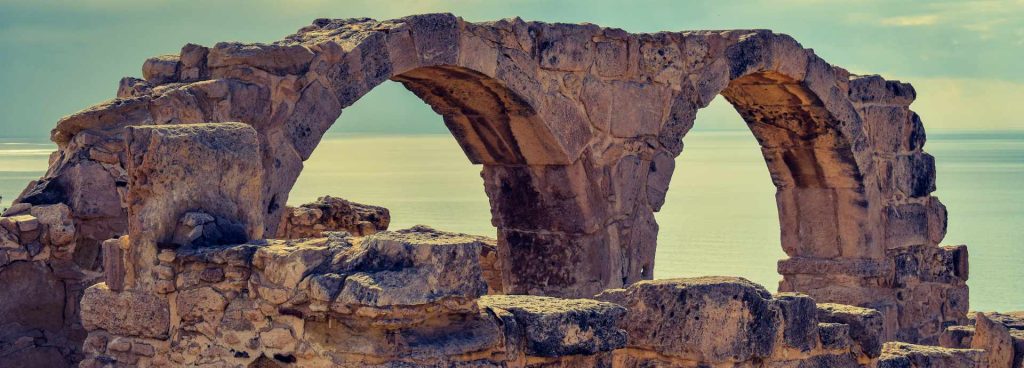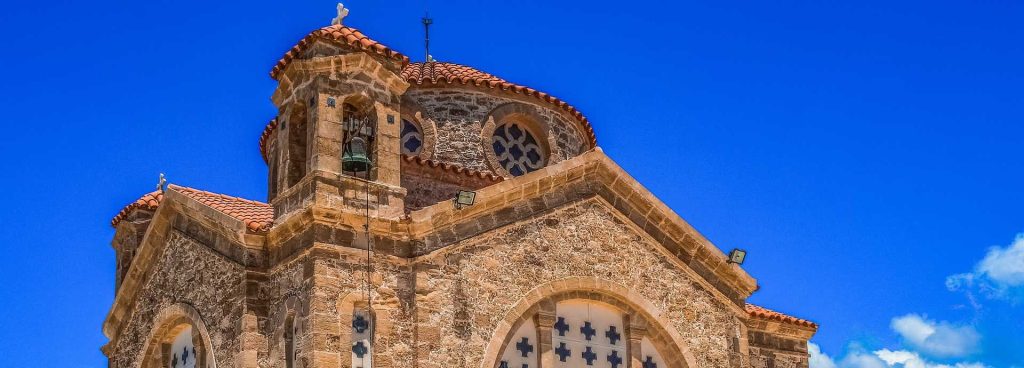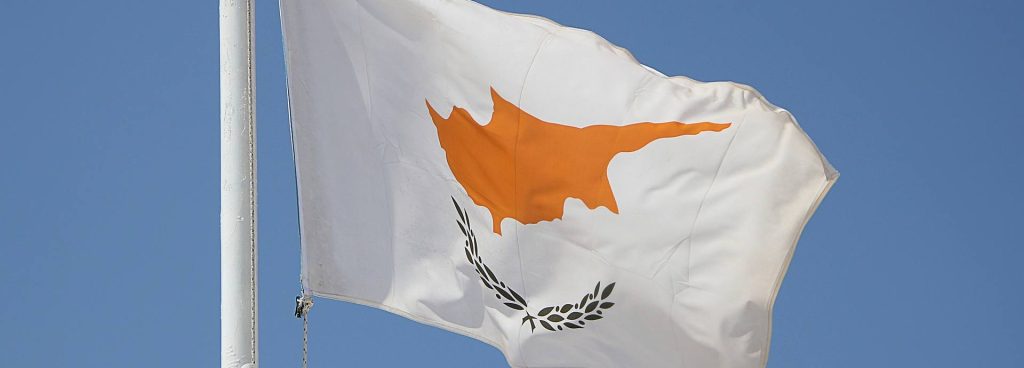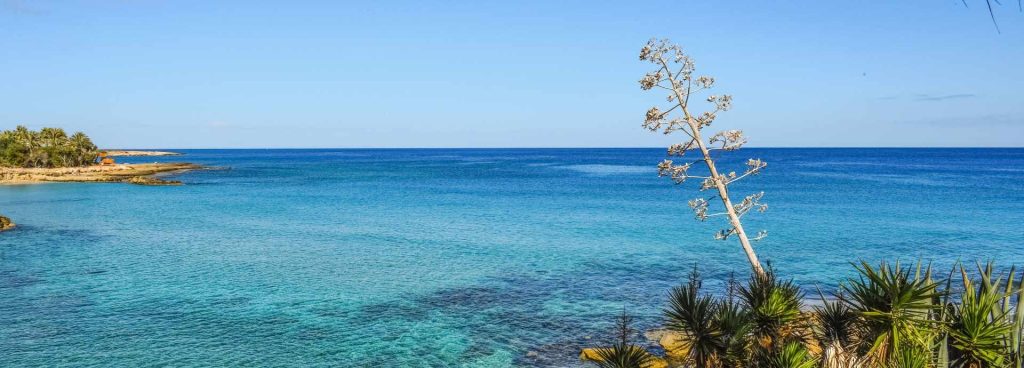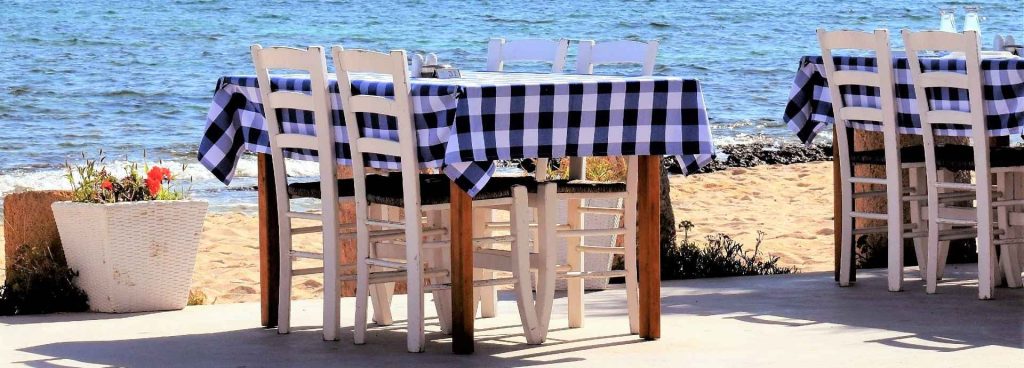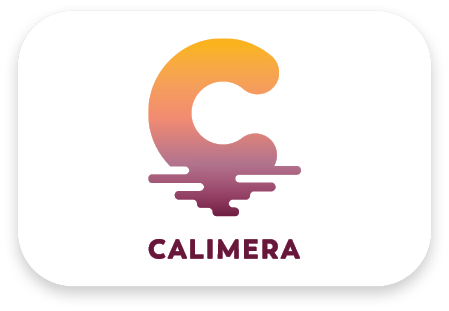A quick journey through the island's history
Cyprus looks back on an eventful history: During the 2nd millennium BC. parts of the island were settled by the Mycenaeans. They brought with them the Greek language, their culture and religion, as well as their customs and habits, which were soon adopted by the local population.
After the Trojan War, war heroes such as Teukros, Praxandros and Agapenor founded cities and kingdoms on the island. It was through them that Cyprus became known in the Greek world of that time. Many neighboring countries were interested in Cyprus because of the copper deposits, the forests and the beauty of the island. Therefore, Cyprus was conquered successively by Assyrians, Egyptians and Persians.
322 BC Alexander the Great liberated the island from the Persians. The Cypriot kings had helped him in the war in the Middle and Far East. After his death Ptolemy, one of the successors of Alexander the Great, came to the island. In the year 58 BC. Cyprus became a Roman province.
The apostles Paul and Varnavas visited Cyprus in AD 45. during their first missionary trip. The then Roman governor of Cyprus, Sergius Paulus, converted to Christianity. Cyprus was the first country in the world to be ruled by a Christian governor. The island then became a Byzantine province and has been closely associated with the Greek Orthodox Church ever since.
During the 3rd Crusade in 1191, Cyprus fell into the hands of Richard Lionheart, the King of England. He sold them to the Order of the Knights Templar, which led to the rebellion of the local population. The Knights Templar gave Richard He then looked for a new buyer and in 1192 Cyprus was sold to Guy de Lusignan.
The French era began with Guy de Lusignan and lasted until 1489, when Cyprus became a province of Venice through the last French queen, Katharina Cornaro. After the death of her husband, she had to hand over her rights to the island to the Republic of Venice. The Venetian era lasted until 1571 when the Ottomans conquered the island. It remained under Ottoman rule until 1878.
The expansion policy of Tsarist Russia caused the Ottoman Empire to lease Cyprus to the English in 1878, who in turn assured the Ottomans of support in an attack by Russia. In 1925 England declared Cyprus a crown colony and Turkey lost all rights to the island with the Treaty of Lausanne (1923).
After the liberation struggle waged by the Greek Cypriots from 1955 to 1959, the island gained independence in 1960. With the Treaties of Zurich and London, which Greece and Turkey signed, Cyprus became an independent republic.
The island has been an independent republic since 1960, a member of the United Nations and the British Commonwealth. It has a democratic constitution with particular emphasis on the presidential principle. The president, who is also the chairman of the Council of Ministers, is directly elected by the population for a term of five years. Likewise the parliament, in whose hands the legislation lies.
Archbishop Makarios III. was elected the first President of Cyprus. After independence, there were riots between Greek and Turkish Cypriots for the first time in 1963, which lasted eight months. This rebellion resulted from a constitutional change that was not recognized by the Turkish Cypriots. This prompted the UN to send peacekeepers to Cyprus. 1974 - after the military coup by the colonels against Makarios to cede the island to Greece against his will - Makarios had to flee abroad for six months. During this crisis, Turkey sent an army of 40.000 men and occupied the north (one third) of the island. Since then, Cyprus has been divided despite repeated unification efforts.
After many years of stagnation in relations between the two sides, the first attempts at diplomatic overtures were made at the end of the 90s. In April 2003, the local President Raouf Denktasch surprisingly opened the border, since then the Greek-Cypriot residents have been allowed to visit the Turkish-occupied part.
The final negotiations in Switzerland at the end of March 2004 did not lead to the amicable solution sought. The aim of the negotiations was to achieve the accession of a reunified Cyprus to the European Union within the framework of the EU's eastward expansion, i.e. including the northern part, on May 1, 2004 after 30 years of division.
The solution plan was revised several times under the leadership of the UN and Kofi Annans. It envisaged a confederation of the two parts on the Swiss model, but with many restrictions for the Greek Cypriots.
They should only be granted a limited right to return and purchase land in the Turkish-dominated north, in contrast to the basic freedoms of the internal market after accession to the EU. The main point of criticism of the Annan plan was the remaining stationing of Turkish soldiers on future community territory.
The plan failed in a referendum on April 24, 2004: The Greek part of the island rejected the plan with a large majority, only a quarter voted in favor. On the Greek side, 480.000 voters were entitled to vote. In the Turkish part, a narrow two-thirds majority voted for the plan. About 150.000 people were eligible to vote.
A majority in both parts of the country would have been necessary to achieve the plan. With the failure of the vote, EU law will only apply in the Greek part of Cyprus. This led to considerable economic and political consequences for the Turkish part of the island.
Recently there has been movement in the tense relationship between the two parts of the island. At the beginning of 2008, when the Lokmaci barricade was torn down - a symbol of separation since 1967 - a sign of goodwill was set on the Turkish side. Shortly afterwards, the Greek side also removed the barricade.
In March 2008, the leaders of the Greek- and Turkish-speaking ethnic groups agreed on negotiations to reunite the two parts of the island.
At the widest point from north to south the island measures 96 km and at the longest from east to west 224 km. Cyprus has a total of around 1.045.000 inhabitants: around 780.000 in the Greek and around 265.000 in the Turkish part. About 80% of them are Greek Cypriots, 18% Turkish Cypriots and 2% others such as Armenians, Maronites and English.
The gods of Olympus
| Zeus: | Ruler of heaven and earth, father of gods and men |
| Hera: | Protector of the family and married women |
| Athena: | Goddess of wisdom |
| Poseidon: | God of the sea |
| Demetra: | Goddess of agriculture |
| Apollo: | God of light, music and fortune-telling |
| Artemis: | Goddess of the moon and the hunt |
| Hermes: | Messenger of the gods, god of trade and fortune-telling, guide of the soul |
| Aphrodite: | Goddess of beauty and love |
| Ares: | God of War |
| Hephaestus: | God of fire |
| Hestia: | Goddess of domestic peace |
Demigods
| Dionysus: | God of wine and intoxication |
| Asclepius: | God of healing |
| helios: | God of light |
| Iris: | Messenger of the gods |
| Hades: | God of the underworld |
| Pan: | God of forests and pastoral life |
| Priapus: | God of fertility |
| Eros: | Son of Aphrodite |
| Themis: | Goddess of justice |


